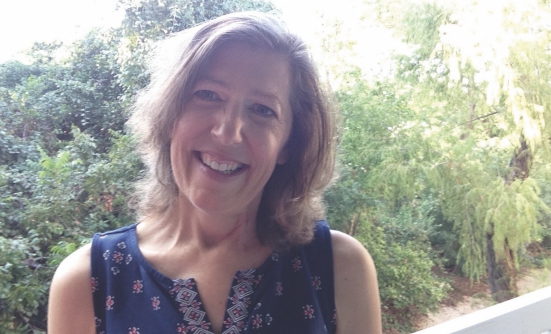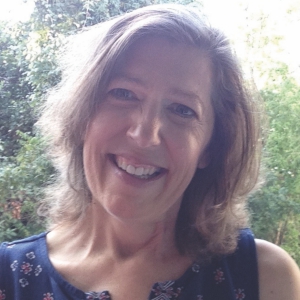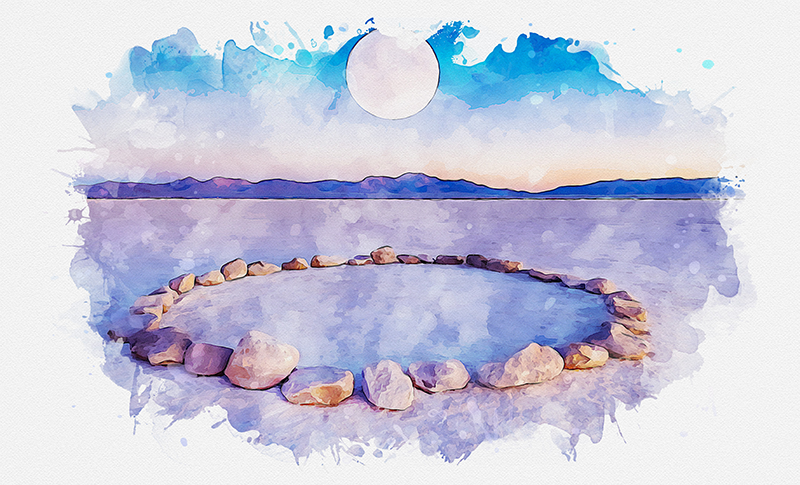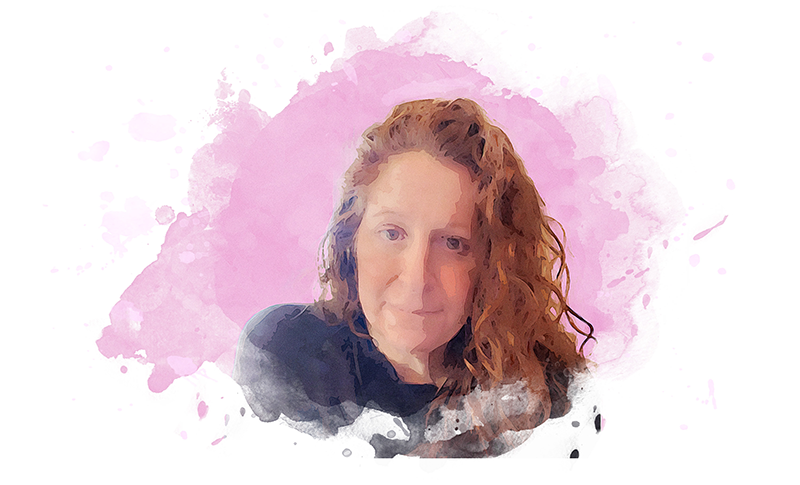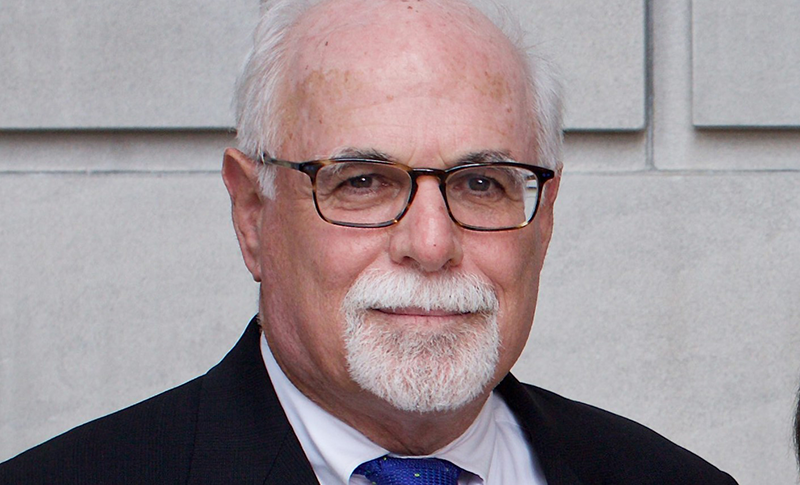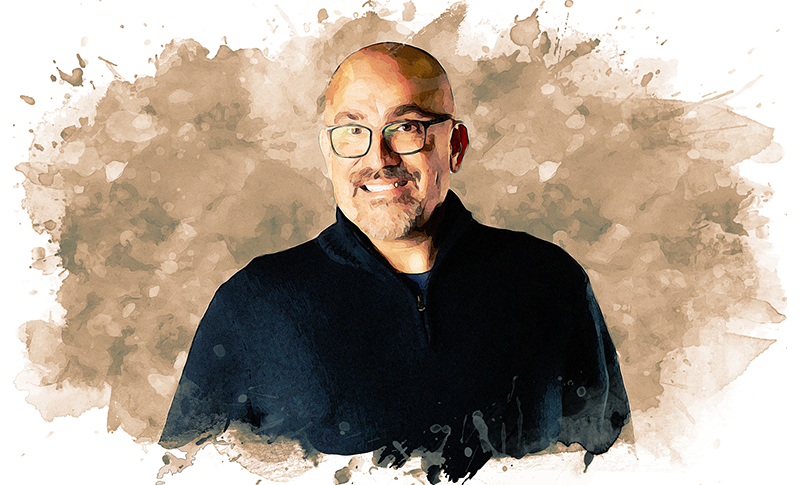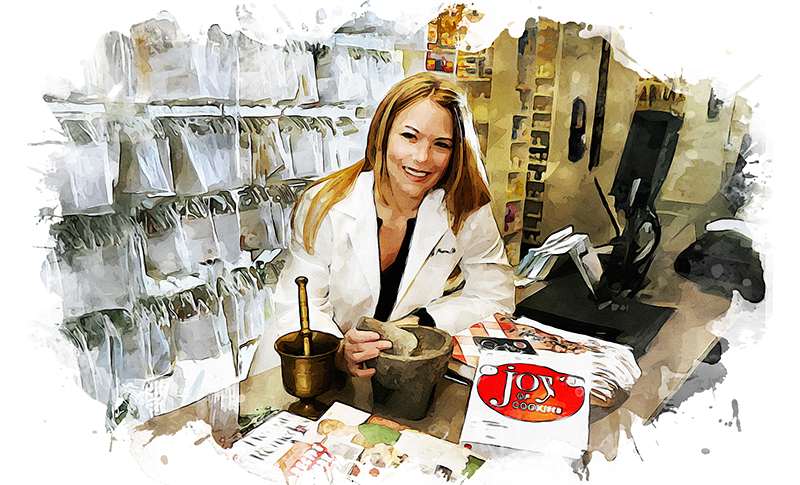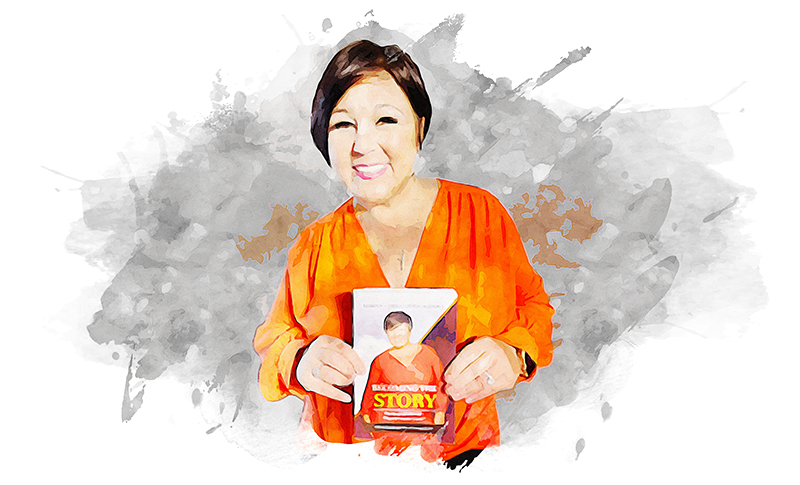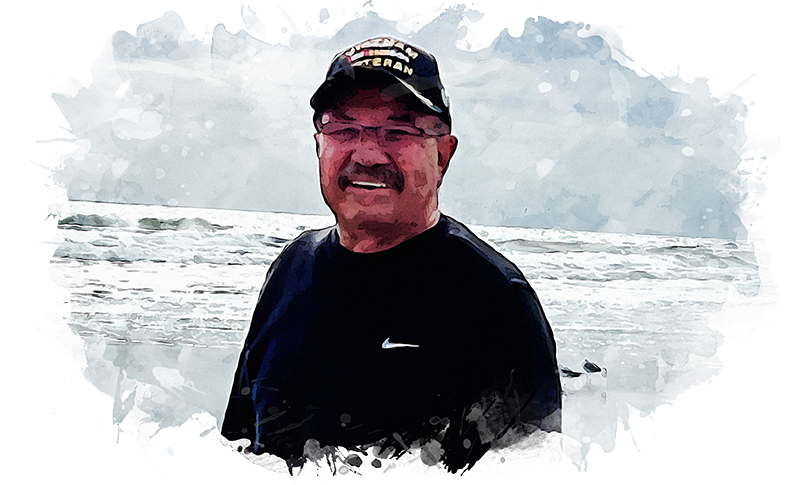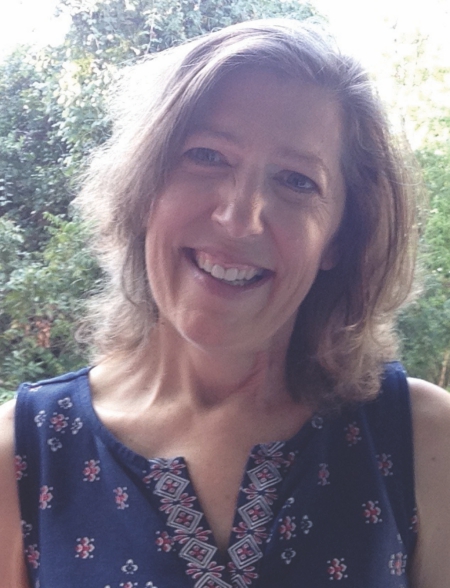
As someone who has been receiving cancer treatment for a few years now, whenever I see announcements or obituaries saying that someone has “lost the battle with cancer,” I find it jarring.
I have journaled privately about my discomfort with this “battle” metaphor every so often over the past few years, and have even considered sharing my thoughts more publicly before, always being stopped by a concern that others might find it too off-putting, too dark, too macabre.
No “Victim Talk”
One day, however, when my sister and I were chatting about a dear relative who had just passed away from complications of multiple myeloma, the conversation turned to the impact this strange period of COVID-19 was having on end-of-life matters. I then launched into an impassioned riff about how, in the event of my passing, I would want folks to frame it in a more upbeat, or at least relatively matter-of-fact fashion.
No “victim talk,” I emphasized, proceeding to describe at some length what I meant. At this point, my sister, who had been listening attentively, said that I should write about my experience. This remark turned out to be a well-timed nudge, as I was ready to share my thoughts.
My personal story begins with a diagnosis of metastatic breast cancer in late 2015. Treatment began with an understanding that I would be living with cancer and its treatment for the rest of my life. The focus of my treatment would be on extending the quality of my life for as long as possible. And I have been fortunate in this regard. My treatment has gone well overall, in terms of seeing positive outcomes and tolerating the side effects.
Immediately after my diagnosis, there was a phase during which the battle metaphor fit fairly well. Images of angelic beings conquering cancerous cells with powerful swords spontaneously arose, as I visualized my treatments neutralizing cancer in my body in warrior-like fashion.
Once the initial chemotherapy had ended, however, and I settled into the rhythms of living with cancer treatment as an ongoing part of my life, the battle metaphor began to feel disconnected, and even a bit weird—at times cold, hypermasculine, and overly simplistic.
The Words We Use
Now, admittedly, “battling cancer” and “fighting cancer” have become common turns of phrase embedded in our speech, at least in the English language.
The image of cancer as a battle or a fight generally is used in cancer circles, with an intent to empower. And it is true that military metaphors have historically permeated much of our language in domains such as sports and business.
For me, facing cancer and its treatment in the spirit of a battle, however, can reduce a complicated, many-faceted experience to one focused on just a sliver of what it is like to deal with cancer as an individual.
The image of a battle when you are talking about something happening in your own body can feel strange, and the notion of a fight implicitly assumes that everyone’s cancer journey is similar.
When the battle metaphor is used at the end of life to announce someone’s passing, for me, it conjures an image of the deceased as an unfortunate victim—not the way that I, at least, would want to be remembered.
Reframing My Life Story
As a spunky friend of mine with a sharp wit and occasionally dark sense of humor said to me early on, “If I die of cancer, I don’t want people to say that I lost my battle with cancer. Now, if I get hit by a bus, you can say that I got hit by a bus.” I totally got what she was saying.
Perhaps the main reason that defaulting to cancer as a “battle” or a “fight” feels off-kilter to me is that the tasks of facing cancer are, in a larger sense, tasks that all of us share as human beings. They are not limited to those of us facing a life-threatening disease or an illness that spans over an extended period of time.
They are, rather, the very human, existential tasks of coming to terms with our physical vulnerability, confronting our mortality, dealing with experiences of suffering, and staying tethered to a sense of meaning and purpose in our lives—lives that are simultaneously miraculous and far less than perfect.
So when it has come to reframing my life story, and living as gracefully as possible with uncertainty, I have found that the cancer with which I live is less like an opponent day to day and more like a strange bedfellow, an eccentric companion, with whom I must create an ongoing workable co-existence. This approach keeps me focused on the present, where I live my day-to-day life, and helps me make the most of the precious time I have.
Pulling Weeds and Normalizing
Most often now, my visualizations consist of intensely bright light neutralizing cancer cells in my body, sometimes lights of different colors focused on specific areas of my body. Every so often, a domestic image will arise, such as pulling cancer out as one might pull weeds out of a garden, leaving the healthy plants intact, cutting back overgrown bushes, or vacuuming cancer cells out of my body.
Particularly during spates of time when treatment is going well, I am not in a daily battle mode. Rather, I am relishing the joy of what I call “normalizing,” simply devoting attention and energy to the regular activities of my life. The patient portion of my identity shrinks for a while and gives other facets of my identity more room to flourish, which feels incredibly healing.
My eccentric companion, who is sometimes cooperative and sometimes difficult, requires that I make accommodations. On any given day, this eccentric companion may call for flexibility on my part around my physical needs, leading me to rest more, drink more electrolytes, stick with easy-to-digest foods, or shorten my daily walk.
A Demanding Companion
During times that are more challenging or uncertain, my eccentric companion may demand that I suddenly and inexplicably attend to largely wordless emotional needs. The week before a PET scan about which I was particularly worried, I felt the need to distract myself by spending hours putting together two 500-piece puzzles, even though the last time I had assembled a puzzle was before I even was in my teens.
Similarly, a few days before my mastectomy, I tossed aside my “to do” list and tore through my closet, getting rid of any black clothes that I owned (the lion’s share of my wardrobe at the time), because the color felt too death-like. Moving them out of my home before my mastectomy felt crucially important.
So, to live as sanely as possible with my eccentric companion, I find that I need to stay in active relationship with my body and my inner life. My quality of life during treatment has been good, as I mentioned, and I cherish my life.
That I am still here and feeling as well as I do, I count as a great success—a miracle of modern science and a gift from the mysterious underlying intelligence of the universe, aided perhaps by a dash of good luck and an element of sheer chutzpah on my part.
A Life Well-Lived
Given this context, then, if I should pass of cancer at some point, what would I want people to say? Well, I would hope, first and foremost, that my passing would be framed not as a battle lost, but rather as the completion of a multifaceted lifetime journey.
Then I would be delighted if friends and family told stories about me or reminisced in a way that was personal and spoke to my individuality.
Someone may remark on my hearty laugh, my unique perspective, my love of music and wordplay, my penchant for inventing silly songs, or my fondness for travel. Someone else may say that I enjoyed a zest for life or lived with some grace or creativity or wisdom, or even that I was stubborn and opinionated.
Would this experience of one woman’s encounter with cancer and its treatment conjure the image of a battle lost? I ask you. No. Rather, as is the case for so many others, it evokes the completion of a life well-lived.
Read the second article by Mary Trouba, Two Conversations




